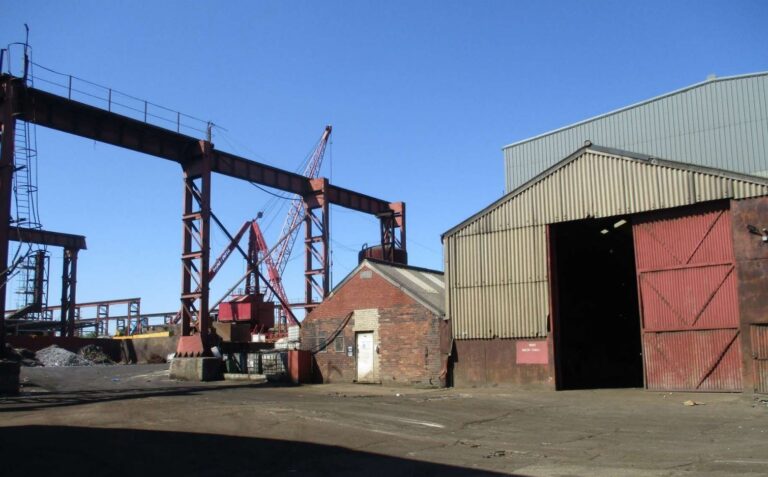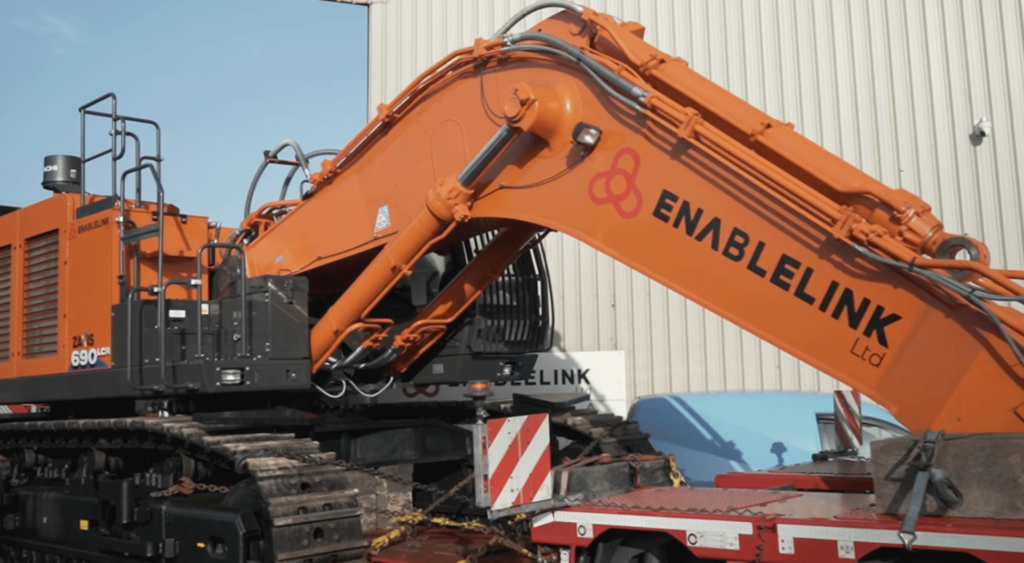In the ruling, Mayer Parry Recycling lost its claim to be deemed as a recycler of scrap metal when it turned it into a grade that could be used in a steelworks.
The case had been through the UK High Court and involved Mayer Parry Recycling Ltd (now part of European Metal Recycling) against the Environment Agency, the Secretary of State for Environment, Transport and the Regions with support from two steel firms, Corus and Allied Steel and Wire.
The UK court asked the Court of Justice for a ruling on the matter in the form of two questions and will now consider it again in the light of the European ruling. For European Metal Recycling the ruling could have consequences in terms of costs. For the metals industry there could be a knock-on effect for licensing rules now that the metal grade concerned is deemed waste.
The European court made two key decisions:
-
Recycling – within the meaning of Article 3(7) of European Parliament and Council Directive 94/62/EC of 20 December 1994 on packaging and packaging waste is to be interpreted as not including the reprocessing of metal packaging waste when it is transformed into a secondary raw material such as material meeting the specifications of Grade 3B, but as covering the reprocessing of such waste when it is used to produce ingots, sheets or coils of steel.
- That interpretation would be no different if the concepts of recycling and waste, referred to by Council Directive 75/442/EEC of 15 July 1975 on waste were taken into account.
Mayer Parry's argument centred on its claim that it obtains scrap metal, which includes packaging waste, from industrial and other sources.
The court judgement explained that “the scrap metal has commercial value and Mayer Parry generally pays to obtain it. Mayer Parry collects, inspects, test for radiation, sorts, cleans, cuts, separates and shreds the scrap metal. Through this process, Mayer Parry transforms ferrous scrap metal into ” grade 3B material sold to steelmakers to produce ingots, sheets or coils of steel.
In 1998 Mayer Parry applied to be listed as a reprocessor entitled to issue PRNs, packaging waste recovery notes. The Environment Agency refused to list Mayer Parry and the company took the Agency to the High Court in London.
The High Court considered the case before it necessitated interpretation of the Community rules and stayed proceedings and referred the question to the Court of Justice for a preliminary ruling on two points.
With reference to the grade 3B material the UK court asked: two questions. These were whether the materials ceased to be a waste when made into a feedstock or used by a steelmaker to produce ingots, sheets or coils of steel. And, have the materials been recycled for the purposes of the packaging waste directive when used as a feedstock or also by a steelmaker.
The question was asked on two counts because there are separate European directives on waste and on packaging recycling.
The argument is explained in detail by the Court of Justice. It notes that Mayer Parry reasoned that they under the directive 75/442, the discard rule meant that Grade 3B material could be classified as waste only if Mayer Parry were to discard it and the company was also meeting the objective in the directive of seeking to conserve natural resources.
Other arguments from Mayer Parry included that “recovery has been completed where the process has produced a secondary raw material for use in an industrial process. Once a secondary raw material has been produced for use of this kind … the material is no longer waste.”










Subscribe for free